Academy of One
Academy of One
The Power and Promise of
Open-Source Learning
David Preston
ROWMAN & LITTLEFIELD
Lanham Boulder New York London
Published by Rowman & Littlefield
An imprint of The Rowman & Littlefield Publishing Group, Inc.
4501 Forbes Boulevard, Suite 200, Lanham, Maryland 20706
www.rowman.com
6 Tinworth Street, London SE11 5AL, United Kingdom
Copyright 2021 by David Preston
All rights reserved . No part of this book may be reproduced in any form or by any electronic or mechanical means, including information storage and retrieval systems, without written permission from the publisher, except by a reviewer who may quote passages in a review.
British Library Cataloguing in Publication Information Available
Library of Congress Cataloging-in-Publication Data
Names: Preston, David, 1970 author.
Title: Academy of one : the power and promise of open-source learning / David Preston.
Description: Lanham, Maryland : Rowman & Littlefield, 2021. | Includes bibliographical references and index. | Summary: Academy of One introduces readers to open-source Learning, the model that transforms education for the Information AgeProvided by publisher.
Identifiers: LCCN 2020046471 (cloth) | LCCN 2020951049 (paper) |
LCCN 2020046472 (ebook) | ISBN 9781475859041 (cloth) |
ISBN 9781475859058 (paper) | ISBN 9781475859065 (epub)
Subjects: LCSH: Open learning. | Open educational resources. | EducationEffect of technological innovations on.
Classification: LCC LC5800 .P74 2021 (print) | LCC LC5800 (ebook) |
DDC 374/.4dc23
LC record available at https://lccn.loc.gov/2020046471
LC ebook record available at https://lccn.loc.gov/2020046472
 The paper used in this publication meets the minimum requirements of American National Standard for Information SciencesPermanence of Paper for Printed Library Materials, ANSI/NISO Z39.48-1992.
The paper used in this publication meets the minimum requirements of American National Standard for Information SciencesPermanence of Paper for Printed Library Materials, ANSI/NISO Z39.48-1992.
Dedication
My wife Haley stops us on the trail, delighted, to lean down and reveal
the secrets of flowers. Through her wisdom, I experience the beauty and
medicine and stories that were waiting right there in front of me all along.
My daughter Tara can find a rainbow at night. Through her unclouded
perception, I experience the humor and hope and curiosity that only appear
when you look with your heart.
This book is a love letter to learning, and all of our teachers.
It is dedicated
to the sweet, fascinated little girl within Haley who holds close and
remembers,
and
to the strong, talented woman Tara envisions
becomingmay she never forget.
Contents
Howard Rheingold
Howard Rheingold is a futurist, educator, and author who coined the term and wrote the book on Virtual Community . Rheingold also wrote Smart Mobs , Net Smart , and other prescient works that accurately predicted the trends and influences of digital technologies on our society and culturedecades ahead of their time. Rheingold taught at Stanford University and the University of California Berkeley.
Thank you, Mrs. Burch, for igniting my passion for learning by starting me out with something I was already eager to learn.
Although sixty years have passed, I still remember the name and face of the fifth grade teacher who cared enough to start our educational relationship with an activity I personally cared about. Mrs. Burch and what she did for me came to mind again in 2011 when I learned about David Preston and his revolutionary strategy of trusting students to take their learning seriously when they centered it on their own interests.
I had some serious trouble in the fifth grade. The first teacher I had that year hated me. Granted, I was probably a smartass, and definitely a redhead with a mischievous look on my face. But to this day I believe she didnt like me because I knew more than she did about some things and was unabashedly vocal about it. She actually dunced memade me sit in a corner, facing the wall. I was so unhappy that, instead of walking to school the next day, I sat in the orange grove behind our house reading science fiction.
Of course, this lasted only one day. When my parents and I were summoned to the principals office, my parents insisted that I wasnt the problem (thank you, parents!). They transferred me to another school.
When I arrived at the new school and reported to Mrs. Burchs classroom, she immediately took me aside and told me that her class published a newspaper, a mimeographed three-sheet collection of articles about what was going on around school.
We are approaching deadline, Mrs. Burch told me, and we need someone to interview the principal right away. Would you like to do that? I still remember that when the principal asked if I needed him to spell principal for me, I told him I had it covered. And I remember that he was impressed. Interesting that I remember very little else about the fifth grade, but the day in the orange grove and the interview with the principal still stand out so crisply in my memory.
Did Mrs. Burch perceive (or learn from my mother, also a teacher) that I had an interest in writing? Or did she ignite it? In any case, she hit the bullseye: I have spent my entire working life as a writer, in tandem with ten years as a teacher. Its not possible to determine whether or not that day channeled me into a writing career, but without a doubt it remains my most vivid positive recollection of my elementary school years.
That class, that day, and its significance reverberated in my memory again when I first encountered David Preston. I was teaching at Stanford at the time and dropped in on the Institute for the Future, which was just down the street from campus, in time to hear Dr. Prestons presentation on his vision for Open-Source Learning.
At the time I met David, I was working for the MacArthur Foundation-funded Digital Media and Learning website, conducting interviews with innovators in education. In my interview with David (see page 150), he talked about hacking the curriculum by inviting his students to co-design their syllabus and encouraging them to use digital mediablogs, videos, videoconference interviews, collaborative documentsto explore topics that they chose. In addition to interest-based learning and digital media, David encouraged metacognitive learning by challenging students to examine how they were going about learning.
Trusting students to take over some of the responsibility for their learning is scary for teachers. Scary because of a fear that students will act irresponsibly if not tightly constrained, and scary because principals are expected to be skeptical.
When I encountered this fear during my three years of interviewing educators, I was happy to point them to David Preston. My own teaching was also transformed: I began to call my college students co-learners. It seemed like a minor semantic tactic before I did it, but I quickly learned that when a teacher authorizes cooperation around mutual learning, the learners take it seriously.
I invited co-learner teams of three to co-teach with me, taking responsibility for leading learning activities and discussions for one-third of our class time. My fears were replaced by enthusiasm when students proved to be more than trustworthyin every case, they grew more and more enthusiastic as they learned how they could apply our learning objectives to their own interests.
If I have a regret as a teacher, its that I didnt trust my students more radically earlier in my teaching career.
During the last course I taught at Stanford, after the first three sessions, I wrote in blue on the whiteboard all of the learning activities I required: forum posts, blog posts, co-teaching teams, collaborative lexicon building, and individual projects. Then I wrote my phone number on the whiteboard and told them I was going to walk around campus while they re-engineered the required learning activities to fit their own requirements. They could text me with questions, then text me when they were ready for me to return. I had a few questions, and after forty-five minutes I was invited to return.

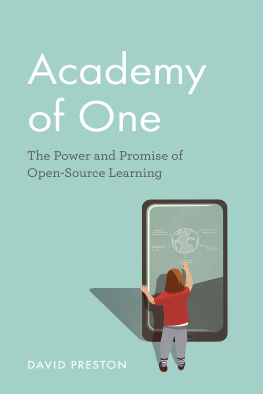

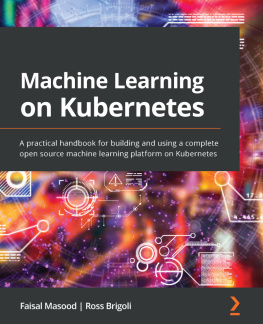
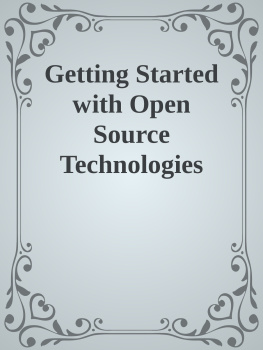
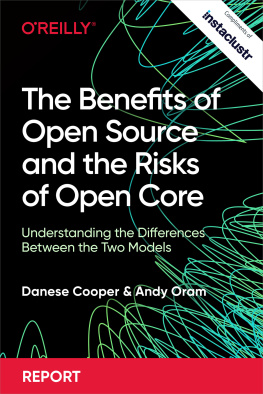
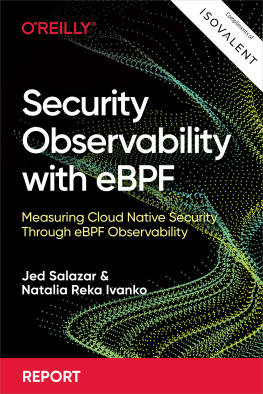
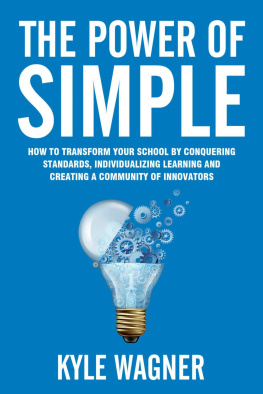
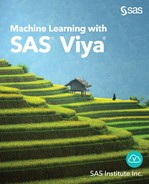
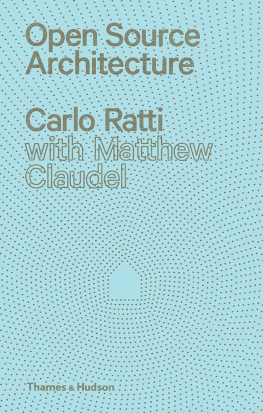
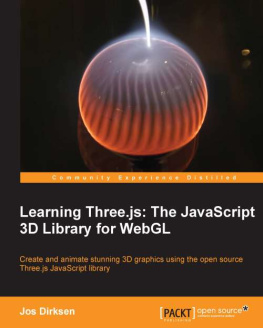

 The paper used in this publication meets the minimum requirements of American National Standard for Information SciencesPermanence of Paper for Printed Library Materials, ANSI/NISO Z39.48-1992.
The paper used in this publication meets the minimum requirements of American National Standard for Information SciencesPermanence of Paper for Printed Library Materials, ANSI/NISO Z39.48-1992.